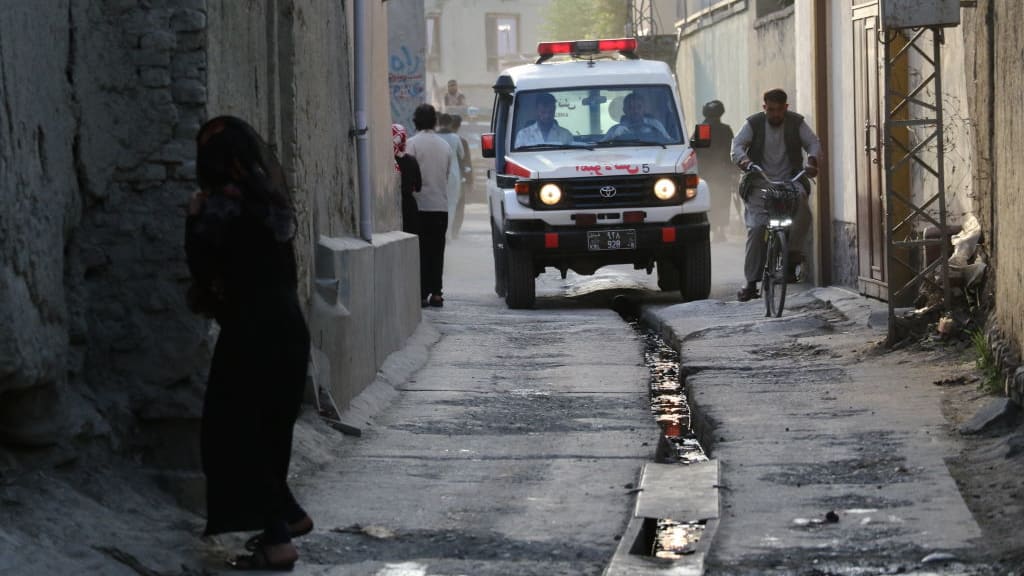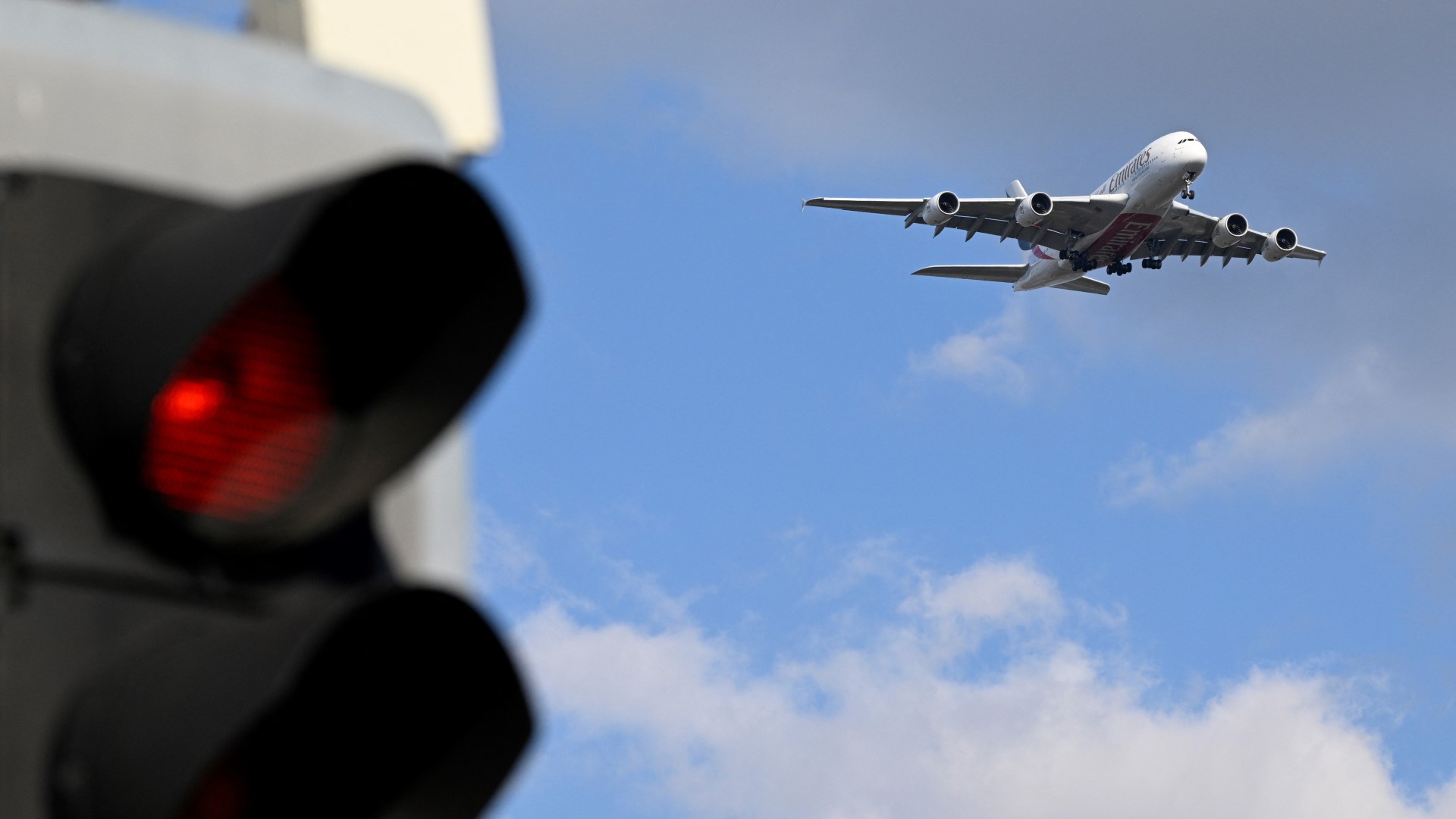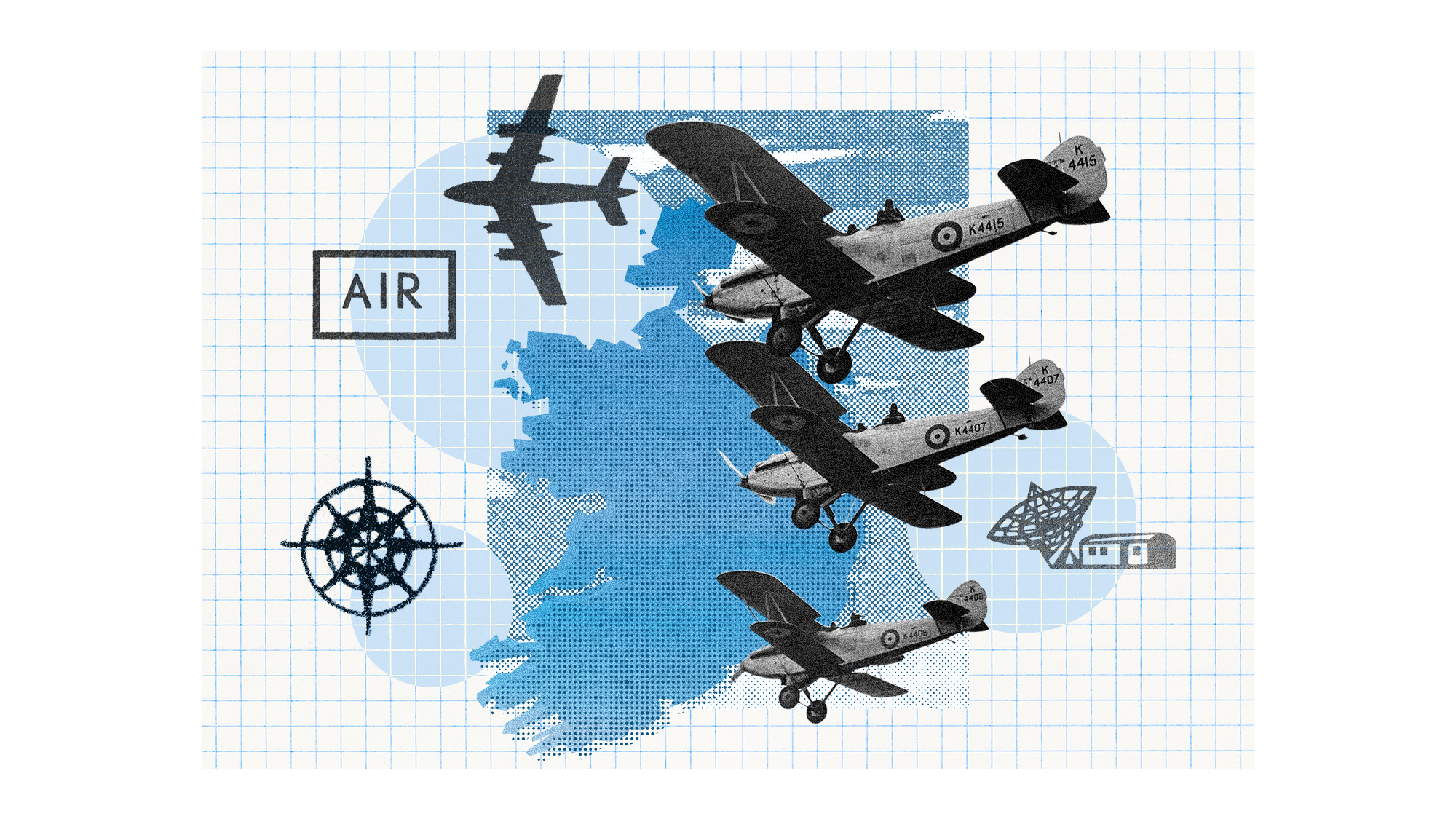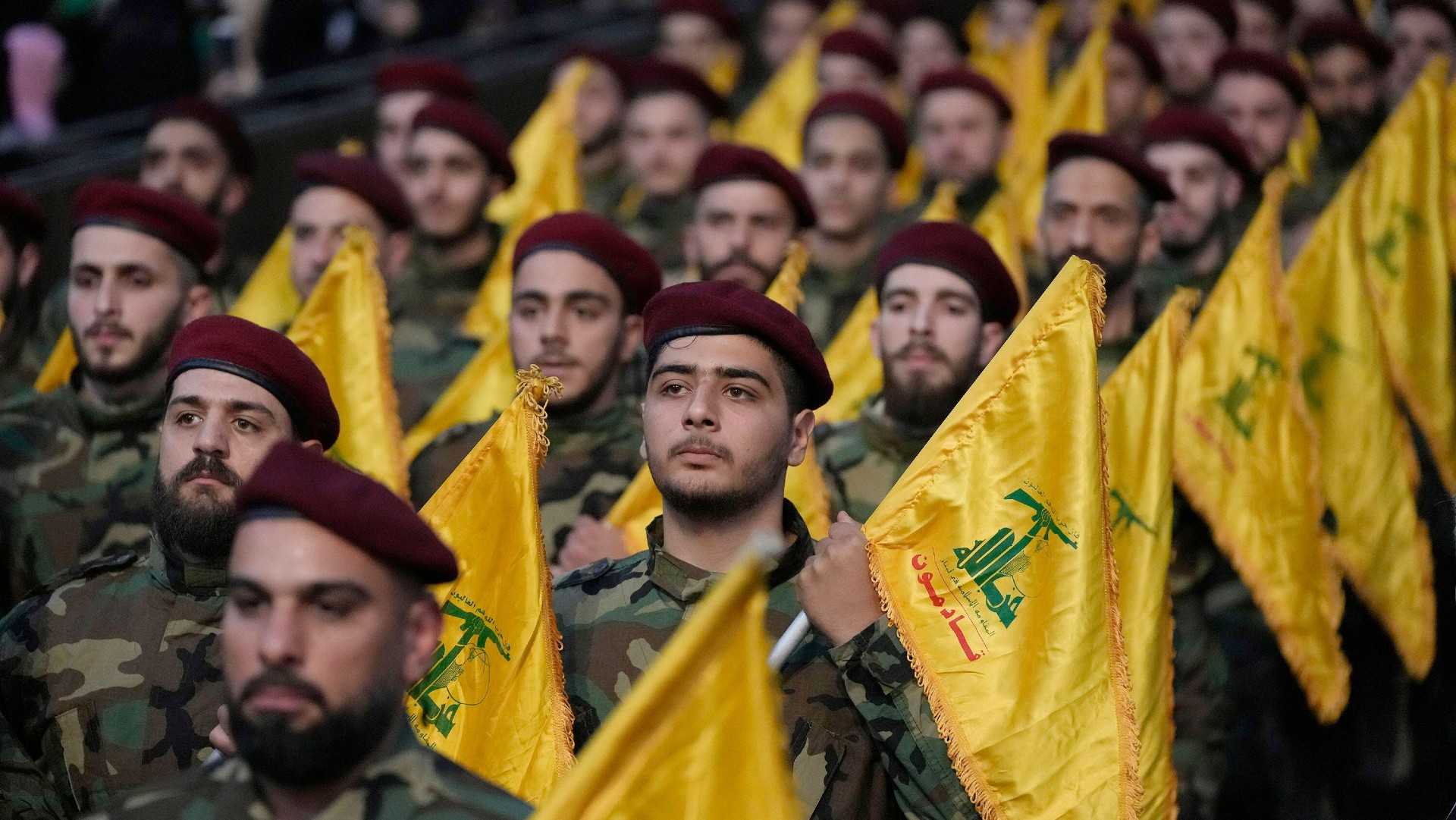Islamic State claims responsibility for string of deadly attacks across Afghanistan


A free daily email with the biggest news stories of the day – and the best features from TheWeek.com
You are now subscribed
Your newsletter sign-up was successful
In the last two weeks, the Islamic State's affiliate in Afghanistan has claimed responsibility for four major terrorist attacks in the country, raising concerns that this is the beginning of a new, violent battle between ISIS and the Taliban.
The attacks included the bombings of a high school in Kabul and mosques in northern Afghanistan, targeting Shiite and Sufi Muslims, with data from hospitals suggesting at least 100 people were killed, The New York Times reports.
The affiliate, known as Islamic State Khorasan or ISIS-K, was formed in 2015 by disillusioned Pakistani Taliban fighters. ISIS-K considers Shiite and Sufi Muslims to be heretics, and does not believe the Taliban is strict enough. Prior to the Taliban taking control of Afghanistan last August, most ISIS-K militants were in eastern Afghanistan, and several leaders were killed during U.S. airstrikes and Afghan commando raids.
The Week
Escape your echo chamber. Get the facts behind the news, plus analysis from multiple perspectives.

Sign up for The Week's Free Newsletters
From our morning news briefing to a weekly Good News Newsletter, get the best of The Week delivered directly to your inbox.
From our morning news briefing to a weekly Good News Newsletter, get the best of The Week delivered directly to your inbox.
Once the Taliban began emptying prisons in Afghanistan, ISIS-K saw its ranks bolstered, the United Nations Mission to Afghanistan said, with the number of fighters doubling. Today, there are ISIS-K members in almost every one of Afghanistan's 34 provinces, and they carried out dozens of attacks in late 2021 across the country, killing nearly 100 Taliban fighters.
The Taliban has claimed ISIS-K poses no threat to the security of Afghanistan, but Michael Kugelman, deputy director of the Asia Program at the Wilson Center think tank, told the Times the affiliate is "resilient. It survived years of airstrikes from NATO forces and ground operations from the Taliban during its insurgency. Now after the Taliban takeover and the U.S. departure, ISIS-K has emerged even stronger." Read more at The New York Times.
A free daily email with the biggest news stories of the day – and the best features from TheWeek.com
Catherine Garcia has worked as a senior writer at The Week since 2014. Her writing and reporting have appeared in Entertainment Weekly, The New York Times, Wirecutter, NBC News and "The Book of Jezebel," among others. She's a graduate of the University of Redlands and the Columbia University Graduate School of Journalism.
-
 The environmental cost of GLP-1s
The environmental cost of GLP-1sThe explainer Producing the drugs is a dirty process
-
 Greenland’s capital becomes ground zero for the country’s diplomatic straits
Greenland’s capital becomes ground zero for the country’s diplomatic straitsIN THE SPOTLIGHT A flurry of new consular activity in Nuuk shows how important Greenland has become to Europeans’ anxiety about American imperialism
-
 ‘This is something that happens all too often’
‘This is something that happens all too often’Instant Opinion Opinion, comment and editorials of the day
-
 Operation Rubific: the government's secret Afghan relocation scheme
Operation Rubific: the government's secret Afghan relocation schemeThe Explainer Massive data leak a 'national embarrassment' that has ended up costing taxpayer billions
-
 Incendiary device plot: Russia's 'rehearsals' for attacks on transatlantic flights
Incendiary device plot: Russia's 'rehearsals' for attacks on transatlantic flightsThe Explainer Security officials warn of widespread Moscow-backed 'sabotage campaign' in retaliation for continued Western support for Ukraine
-
 Secret plan for UK to protect Irish skies
Secret plan for UK to protect Irish skiesUnder The Radar Relations between Dublin and London have historically been strained but covert co-operation has endured for decades
-
 British warship repels 'largest Houthi attack to date' in the Red Sea
British warship repels 'largest Houthi attack to date' in the Red SeaSpeed read Western allies warn of military response to Iranian-backed Yemeni rebels if attacks on ships continue
-
 Houthi rebels claim Red Sea ship attacks
Houthi rebels claim Red Sea ship attacksspeed read Iran-backed Yemeni group vows to escalate aggression towards Israel-linked vessels in revenge for Gaza war
-
 Israel plans next phase of Gaza war as first hostages released
Israel plans next phase of Gaza war as first hostages releasedSpeed read After four-day ceasefire 'we will not stop' until destruction of Hamas, says Israel
-
 Mob storms Russian airport 'looking for Jews'
Mob storms Russian airport 'looking for Jews'Speed Read Plane from Israel surrounded by rioters chanting antisemitic slogans after landing in Russia's Dagestan region
-
 A history of Hezbollah's tensions with Israel
A history of Hezbollah's tensions with IsraelThe Explainer Iran-backed group's military capabilities make it a much 'more dangerous opponent to Israel' than Hamas
